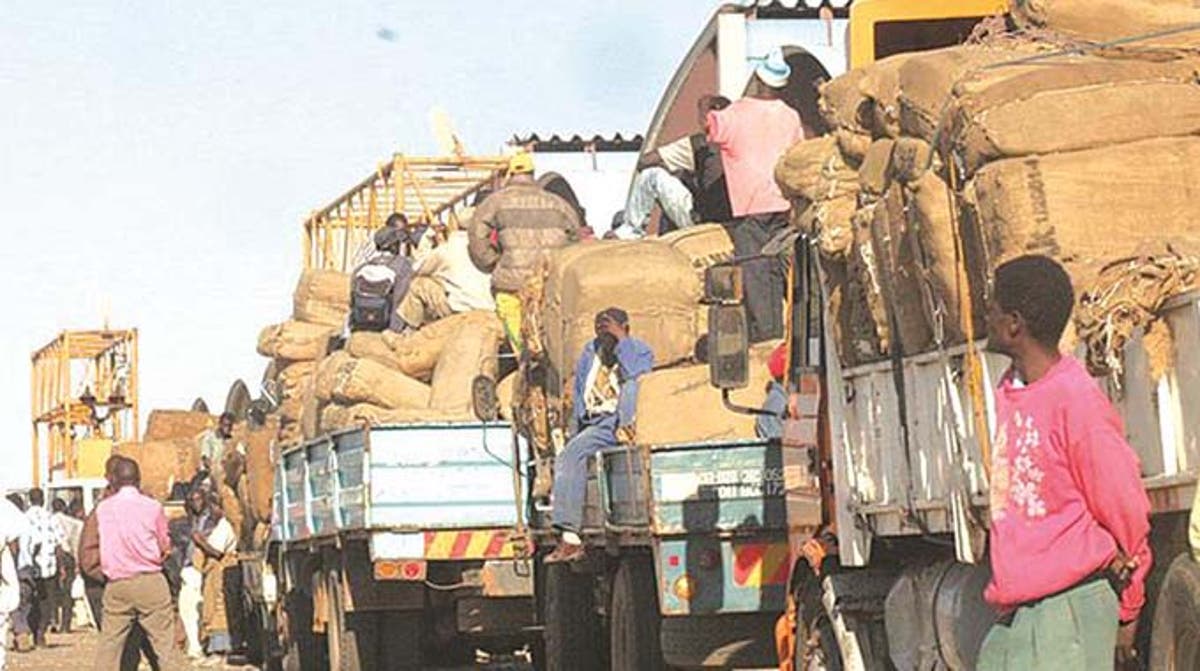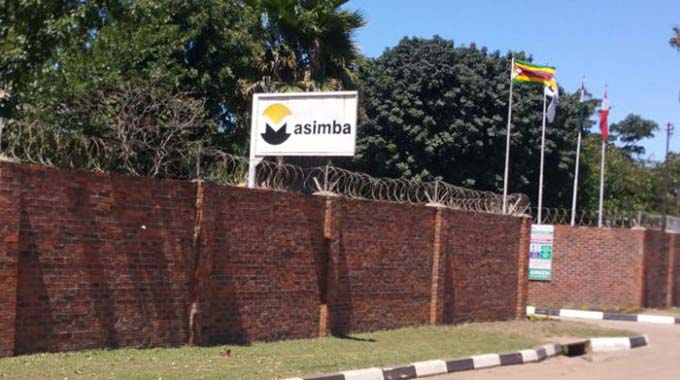Masimba converts land banks into stands, houses
Construction firm Masimba Holdings Limited is tapping into its vast land banks across the country, converting them into residential developments to deliver thousands of stands and houses.
The Zimbabwe Stock Exchange (ZSE) listed firm has land banks distributed across towns like Bulawayo, Chiredzi, Kwekwe, Harare and Shurugwi. The land banks are dominated by the residential segment accounting for 89 percent of the total while 8 percent is being developed into commercial while the remainder accounts for industrial.
According to chief executive officer (CEO) Engineer Fungai Matahwa, the group has already started working on some of the projects across the country. In Bulawayo for instance, the group is working on 2 000 residential stands.
Of these, 300 have already been completed while another batch of residential stands in Shurugwi is almost complete for the market.
Depending on the obtaining market dynamics, the group will put on the market fully serviced stands while there is also another option to develop them into completed houses, before putting them on the market.
“This is an ongoing process, it’s a phased programme,” said Engineer Matahwa responding to questions during the group’s analyst briefing.
“We will also start selling and financing the other projects as they progress,” he said.
Meanwhile, the group reported revenues for the year to December 31, 2023 jumped 8 percent to US$53,8 million from a 2022 revenue of US$49,3 million on the back of a firm order book at the beginning of the year.
By the close of the period, the group had an order book to the tune of US$248 million, largely skewed towards the public sector at 89 percent and private sector accounting for 8 percent while the remainder was for internal projects.
Engineer Matahwa revealed that of the total, roads and earthworks account for US$220,8 million.
Despite a solid order book, growth declined in the fourth quarter as a conservative approach was taken by the group to align work execution in line with clients’ payment patterns.
Earnings before Interest, taxes, depreciation and fair value adjustment (EBITDFVA) declined by 11 percent to US$12,6 million due to a slowdown of work in the fourth quarter due to delayed payments and liquidity constraints which negatively impacted project efficiencies.
In addition, the profitability of the Group was impacted by the sub-optimal currency payment mix on most of the projects that were not in line with the increased dollarisation of the economy.
Total assets of the group improved to US$85,8 million from US$63,3 million, mainly driven by growth in contracts in progress and contracts receivables. The growth in contracts in progress and contracts receivables was attributable to growth in revenues coupled with the impact of delayed payments from clients on the back of liquidity constraints.
The decline of the current ratio to 1,01 from 1,31 in the prior year was attributable to a strategic decision to purchase property, plant and equipment with short-term facilities to capacitate the execution of long-term projects.-herald










